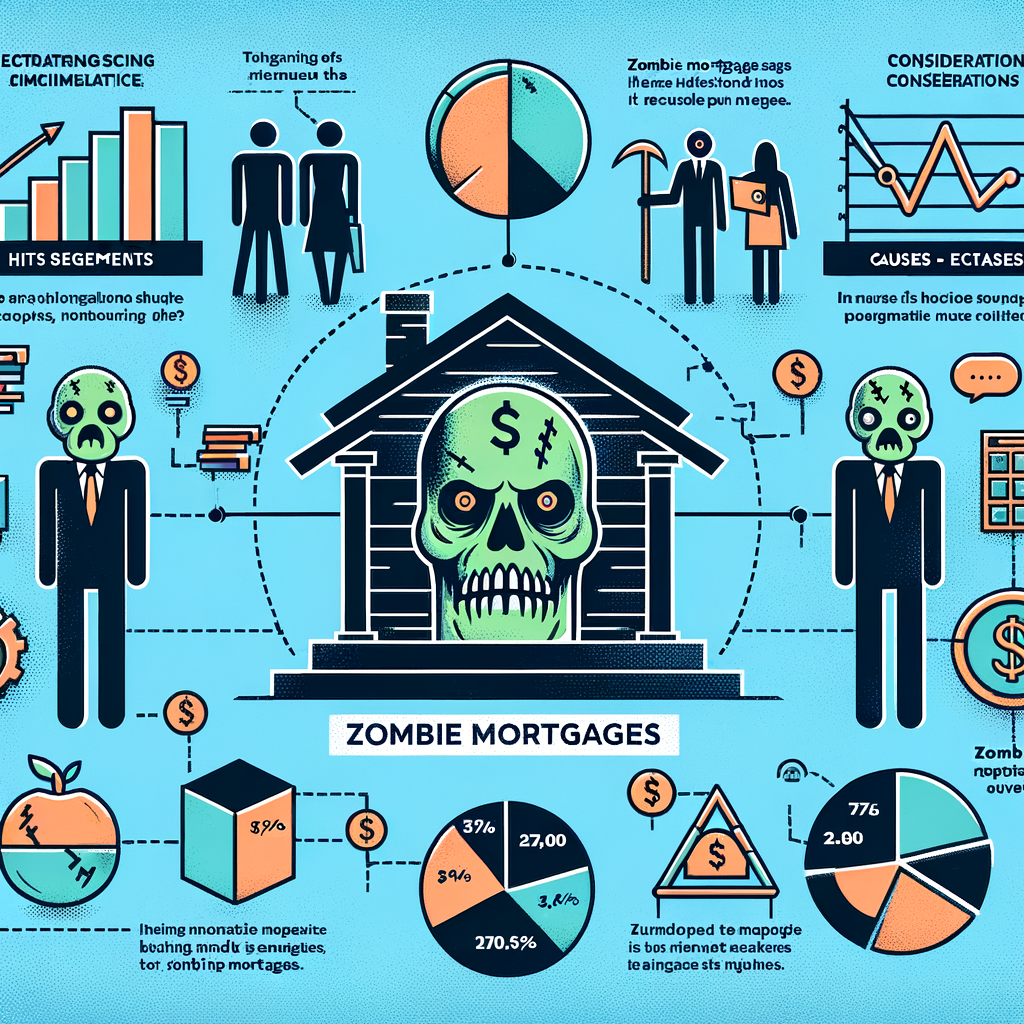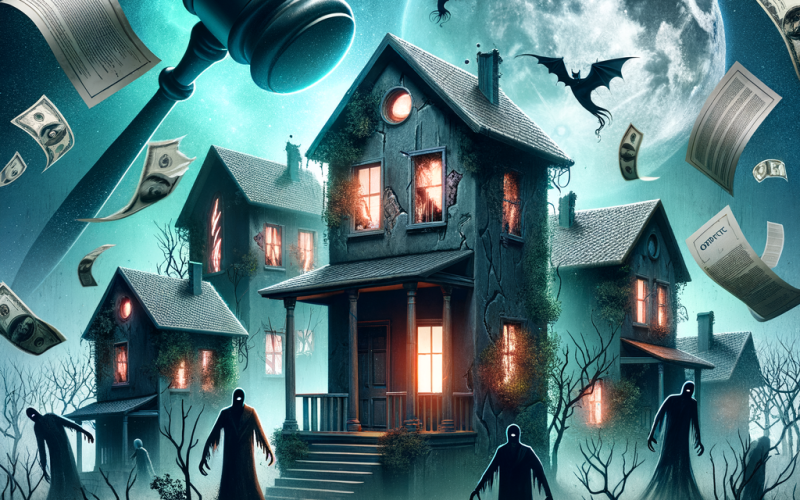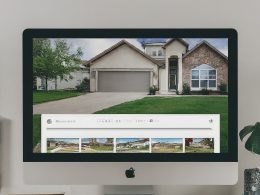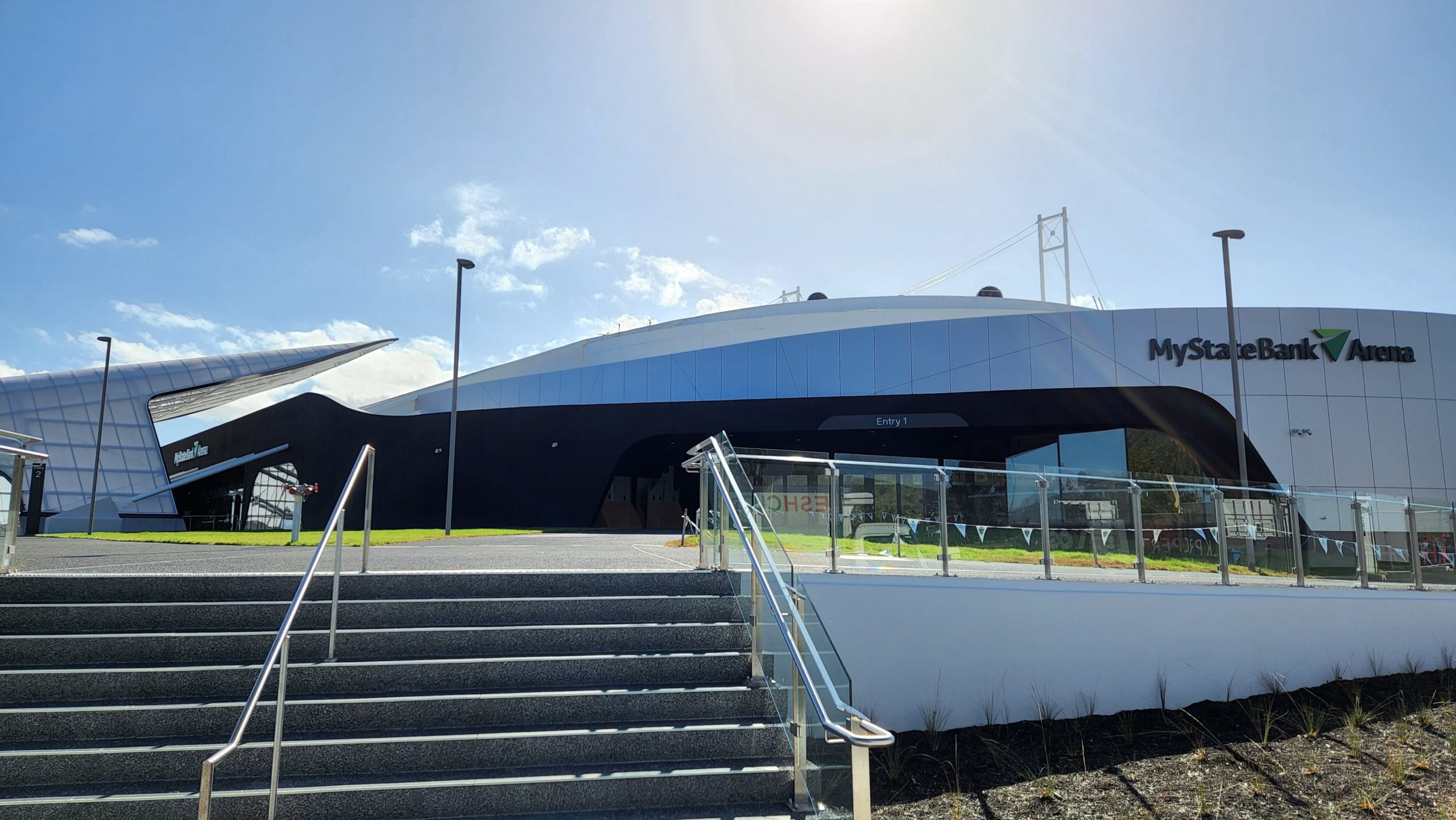Understanding the Concept of a ‘Zombie Mortgage’
In the complex landscape of real estate and finance, various terms often emerge to describe unique situations faced by homeowners and lenders. One such term that has gained attention in the aftermath of financial crises is the ‘Zombie Mortgage.’ This article seeks to elucidate the concept, implications, and considerations surrounding zombie mortgages, providing clarity for both homeowners and financial professionals.
Definition of a Zombie Mortgage
A zombie mortgage refers to a situation where a homeowner has abandoned their property, assuming that foreclosure has occurred or will inevitably happen, while the lender has not completed the foreclosure process. Consequently, the title of the property remains in the name of the homeowner. This scenario leaves the homeowner unknowingly responsible for property taxes, fines, and maintenance, despite no longer residing in or possibly not even controlling the property.
Causes of Zombie Mortgages
Zombie mortgages typically arise during periods of significant financial distress, particularly when there is a downturn in the real estate market. Several factors contribute to the emergence of zombie mortgages:
- Delayed Foreclosure Processes: Financial institutions may delay foreclosure due to regulatory reasons, a backlog of foreclosures, or because the cost of proceeding with a foreclosure outweighs the current value of the property.
- Miscommunication: Homeowners may receive misleading information or fail to understand the status of their foreclosure, leading them to vacate the property prematurely.
- Economic Instability: In times of economic instability, increased numbers of foreclosures and financial strain on lenders can lead to situations where properties fall into a state of limbo.

Implications for Homeowners
The implications of a zombie mortgage can be severe for the homeowner. Since the legal title of the home remains under their name, they are liable for all associated costs, including taxes and municipal charges. This can lead to unexpected debt accumulation and adverse effects on their credit score. Moreover, the condition of the property can deteriorate, potentially leading to safety hazards and further financial liabilities.
Legal and Financial Considerations
From a legal perspective, it is crucial for homeowners to understand their rights and obligations. Homeowners should:
- Verify Status: Regularly communicate with their lender to confirm the status of their mortgage and any foreclosure proceedings.
- Seek Legal Advice: Consult with a real estate attorney to understand potential legal actions they can take to either expedite the foreclosure process or arrange an alternative resolution like a short sale.
- Maintain Records: Keep detailed records of all communications with the lender and any financial transactions related to the property.
For lenders, zombie mortgages represent a challenge as well, including the management of non-performing assets and navigating legal and community relations issues. Lenders must balance the impact of foreclosures on their portfolio with the potential negative effects on communities and their own financial health.
Conclusion
Zombie mortgages are a byproduct of financial crises and market downturns, posing significant challenges for both homeowners and lenders. Understanding the intricacies of these situations is crucial to managing their implications effectively. Homeowners should stay informed, seek professional advice, and maintain open lines of communication with their lender to mitigate the risks associated with zombie mortgages. For lenders, proactive management of these cases can help alleviate long-term financial and reputational damage.










